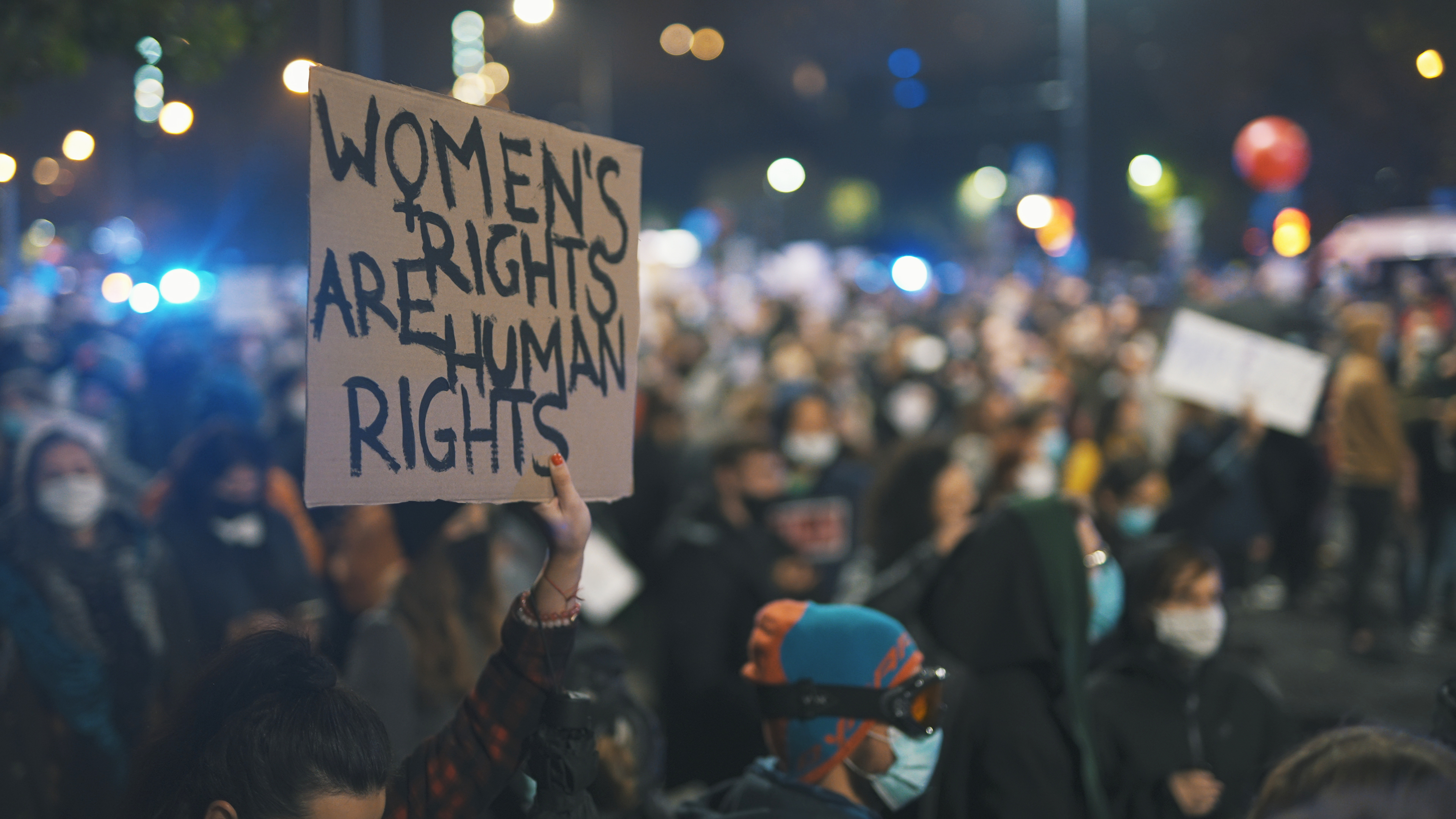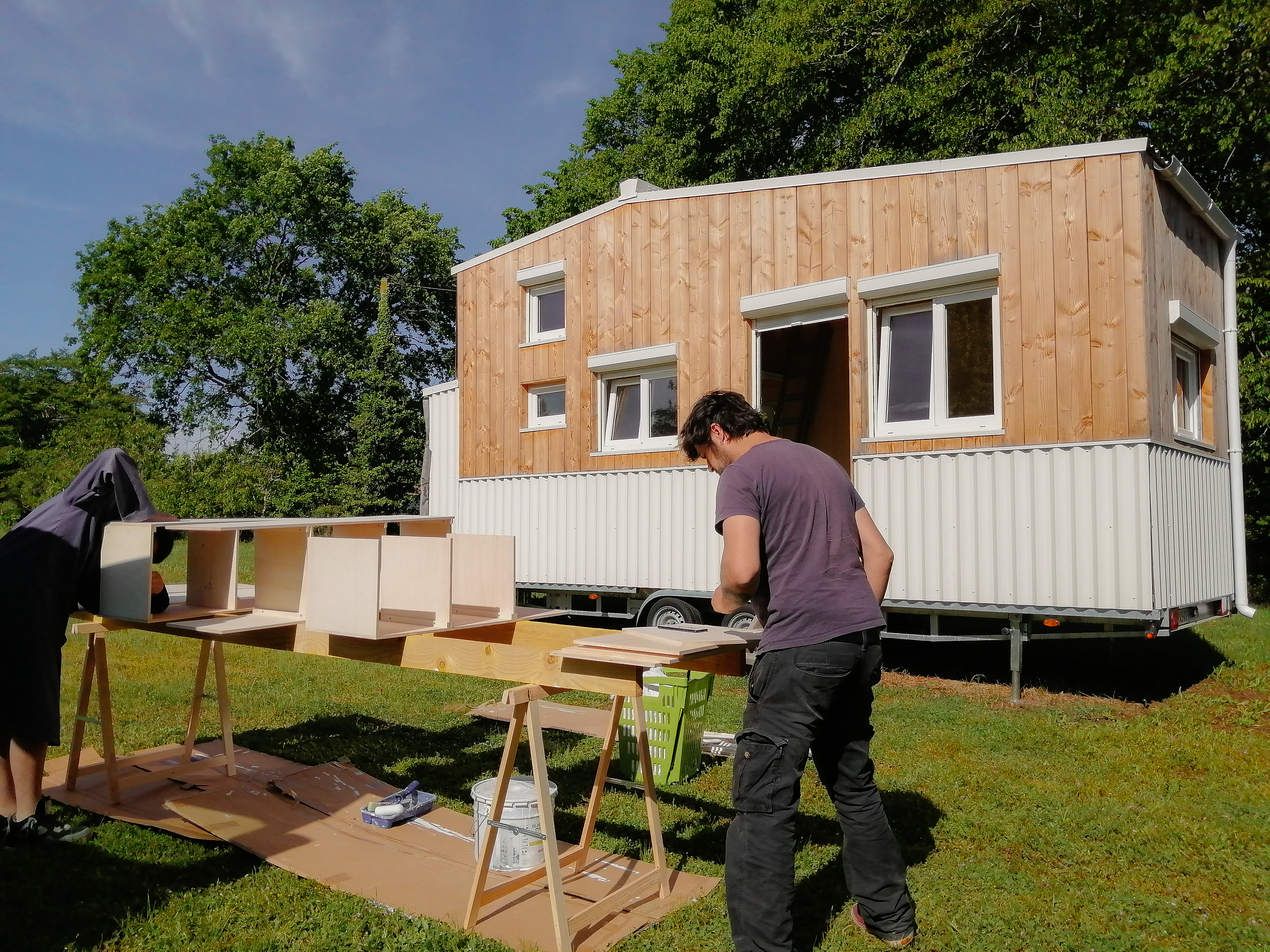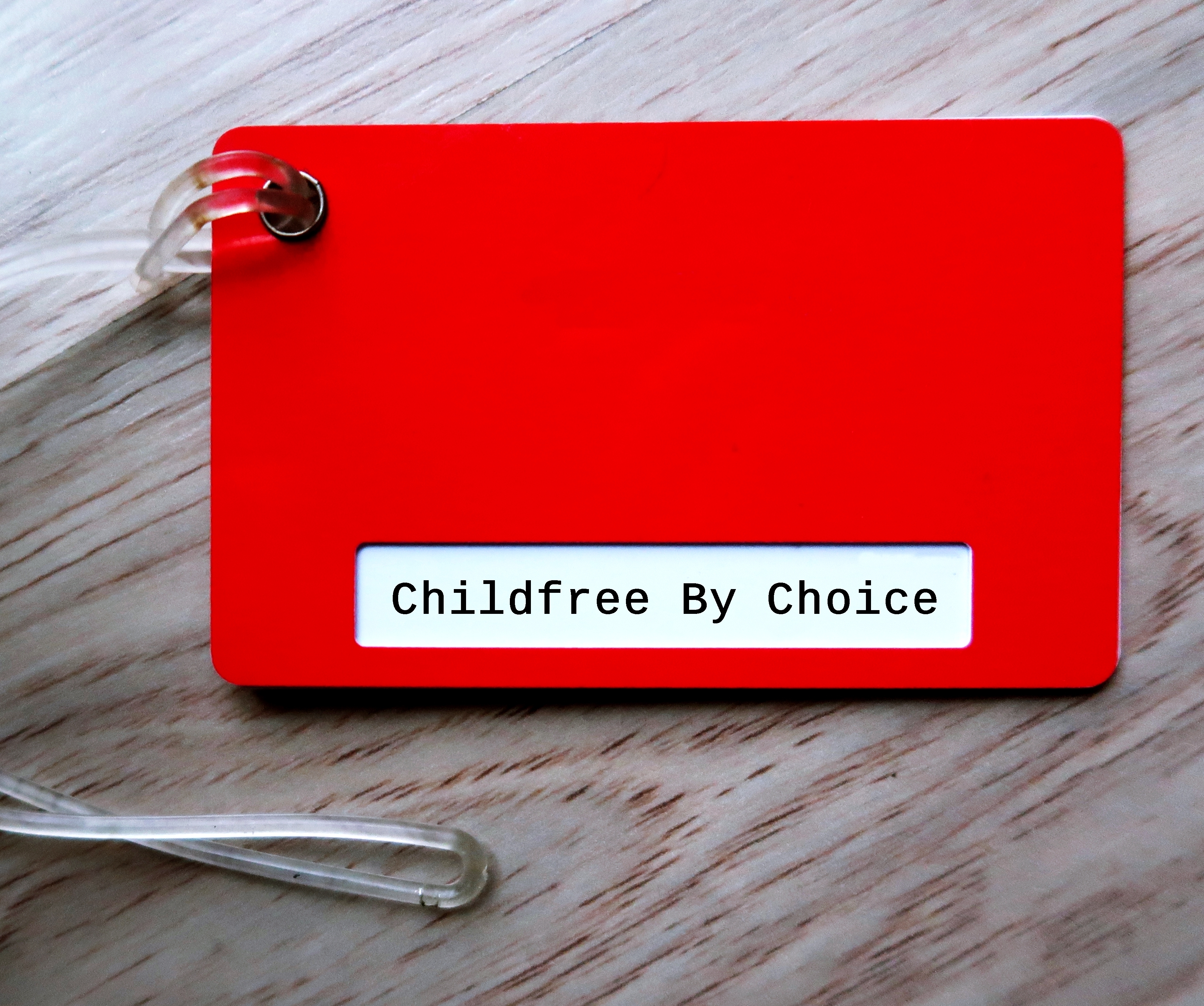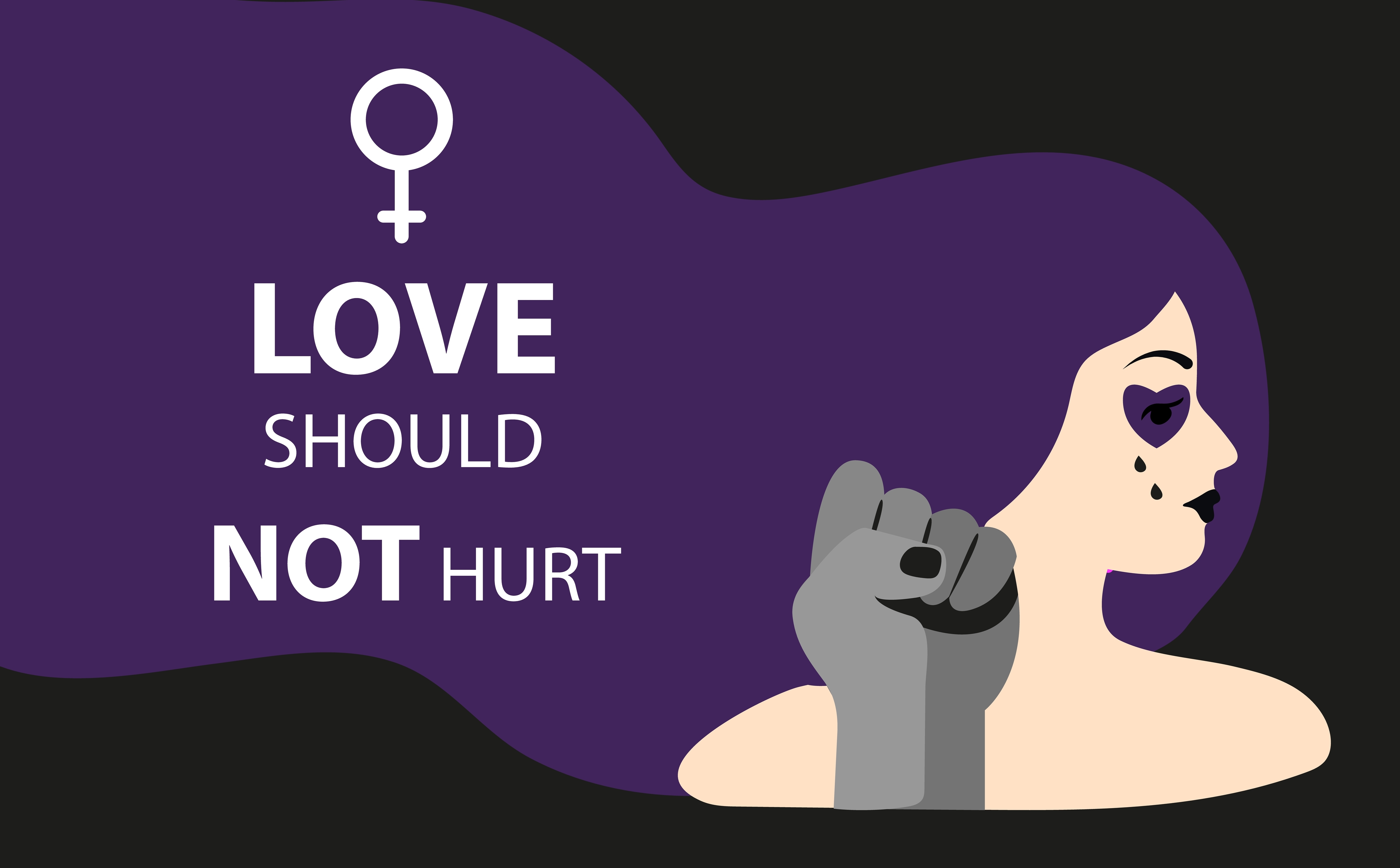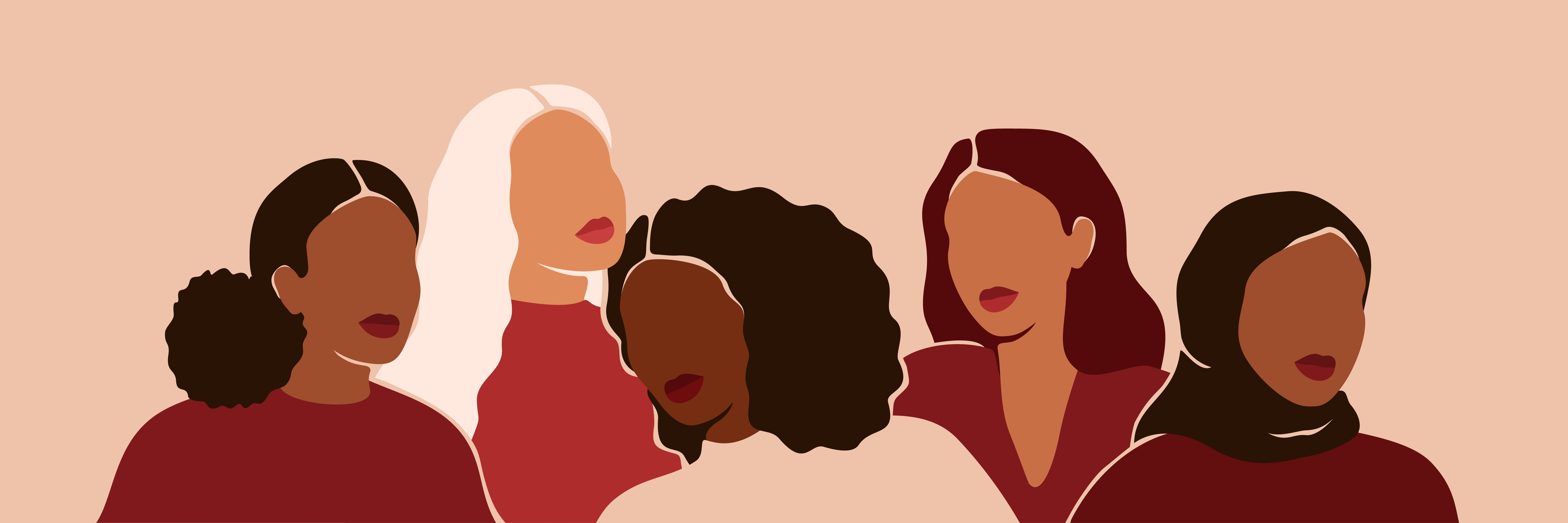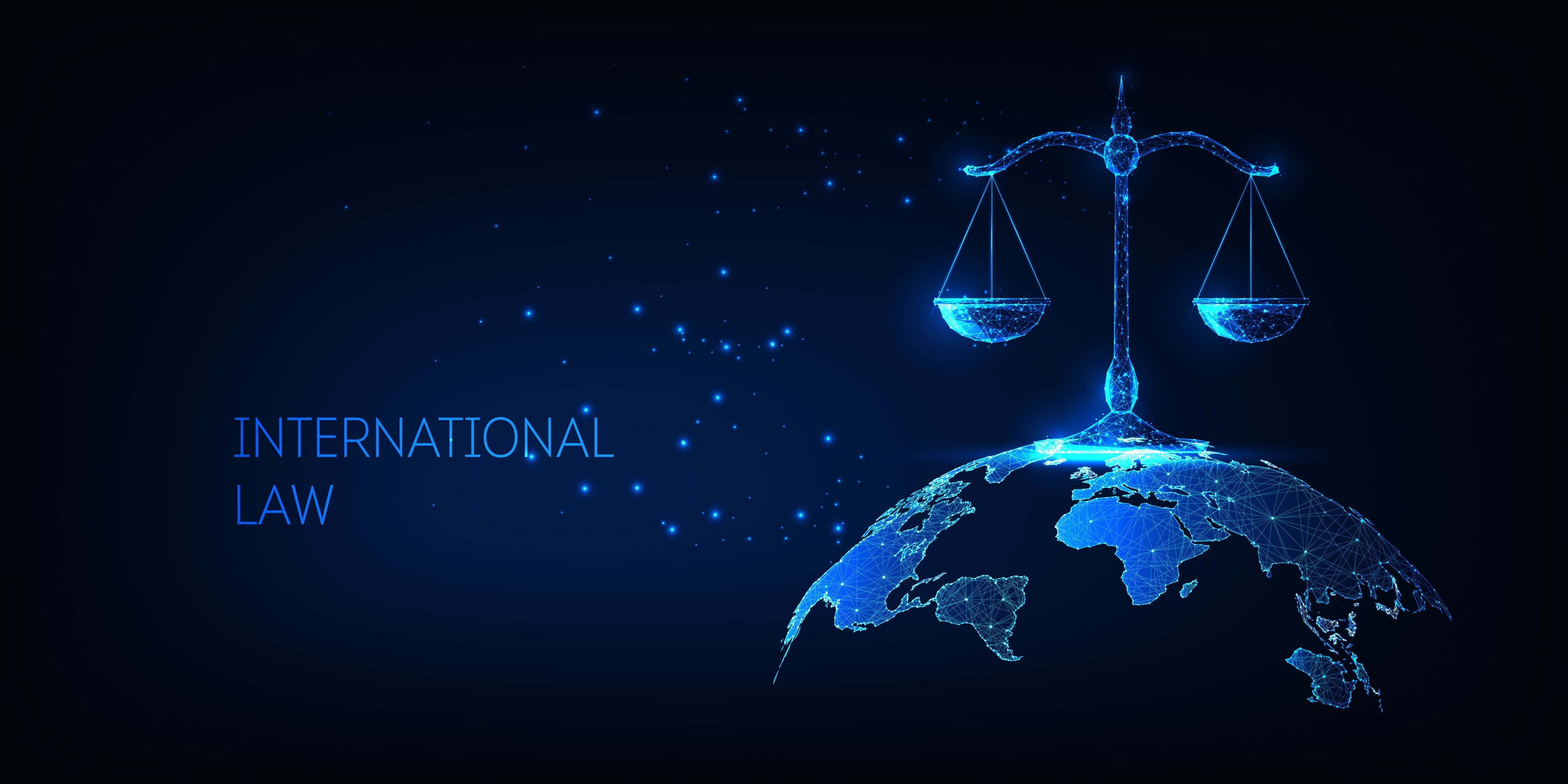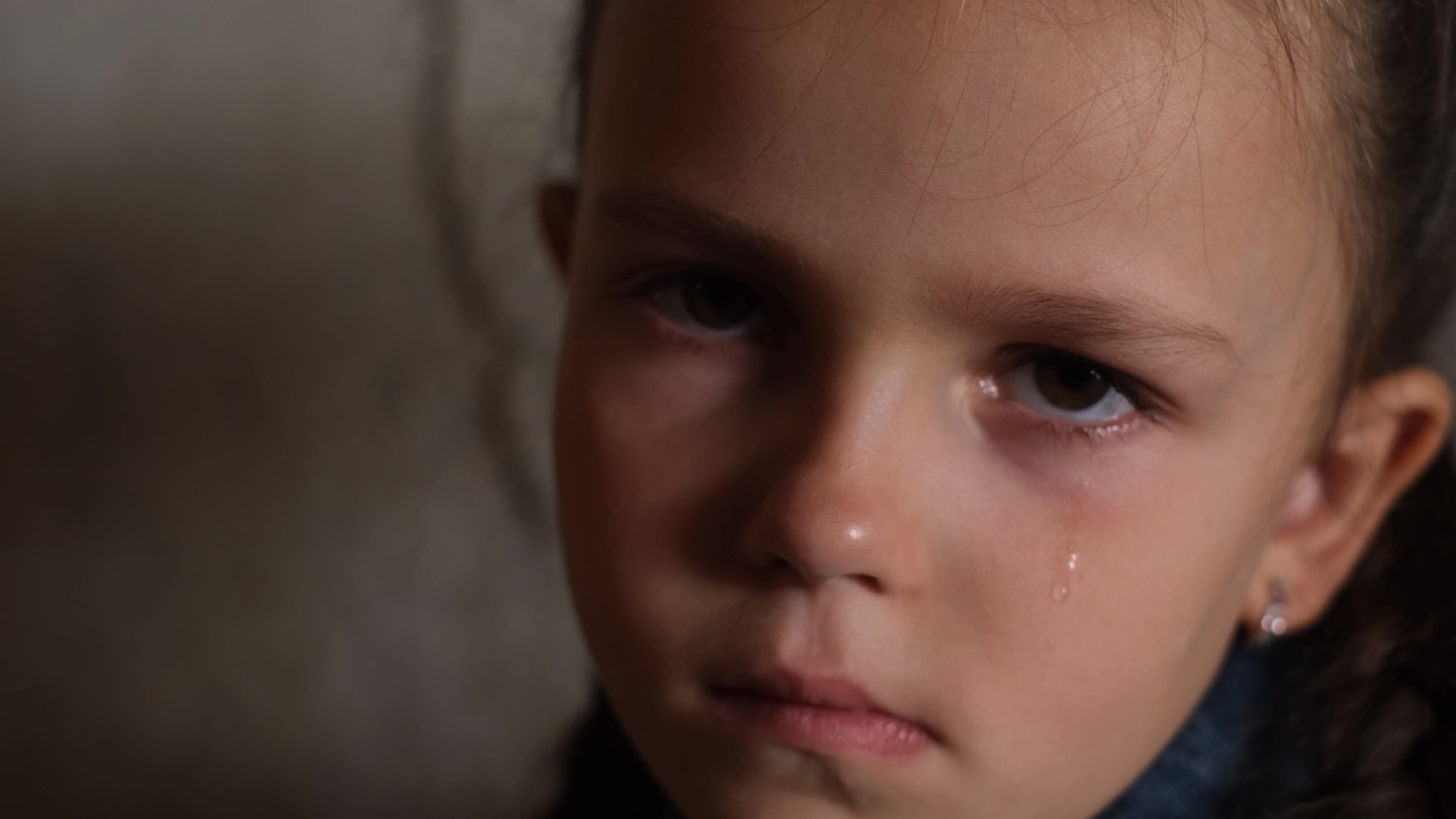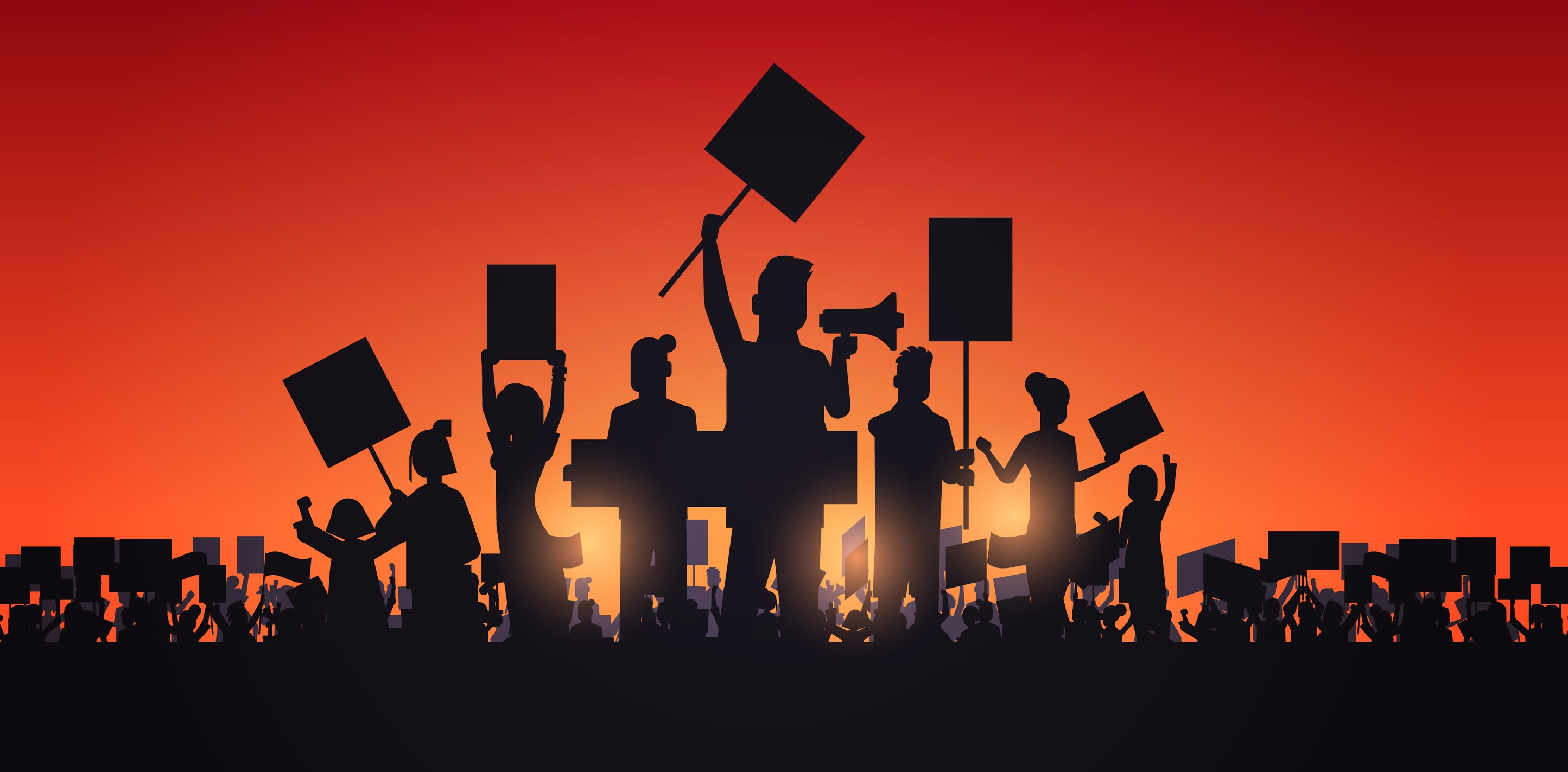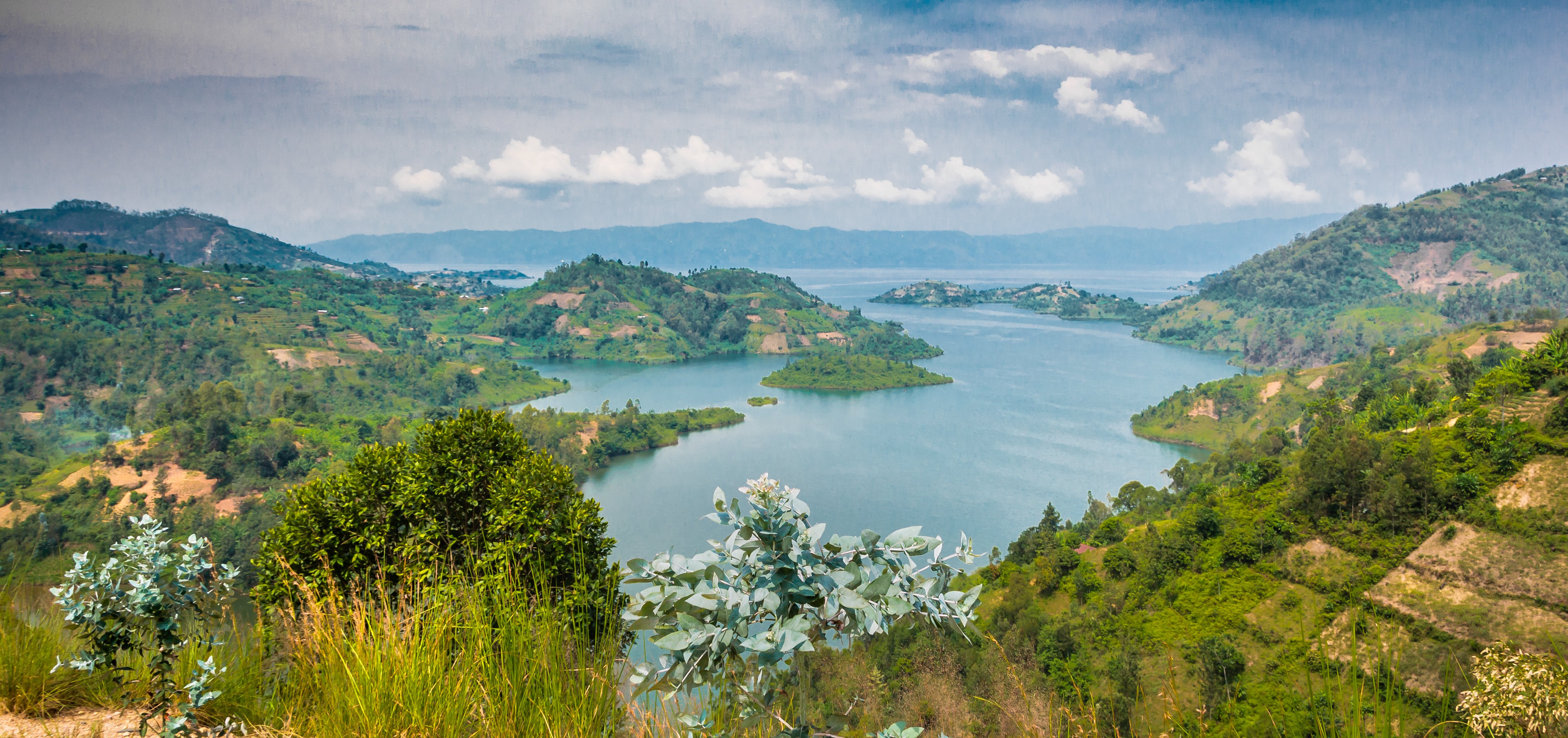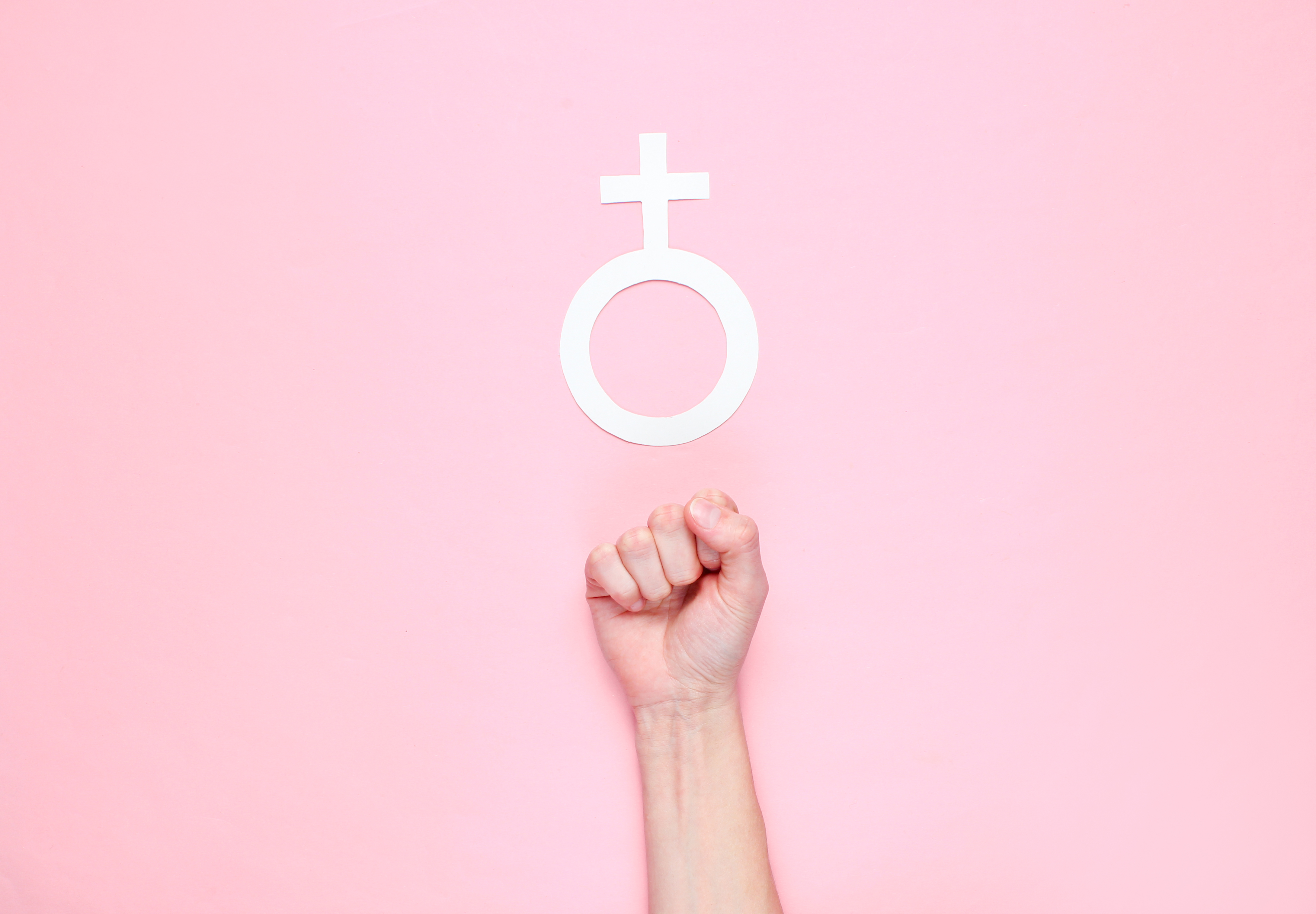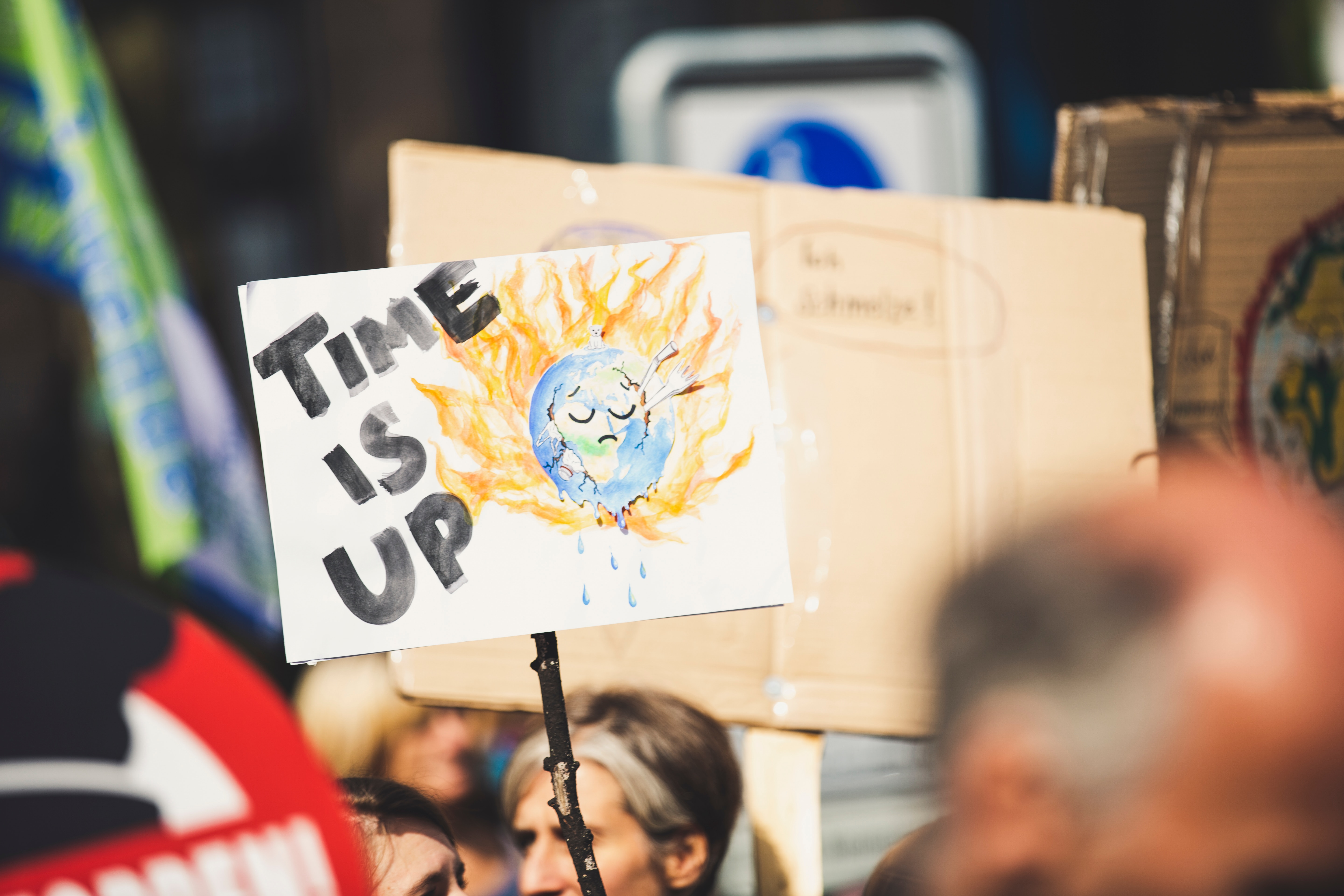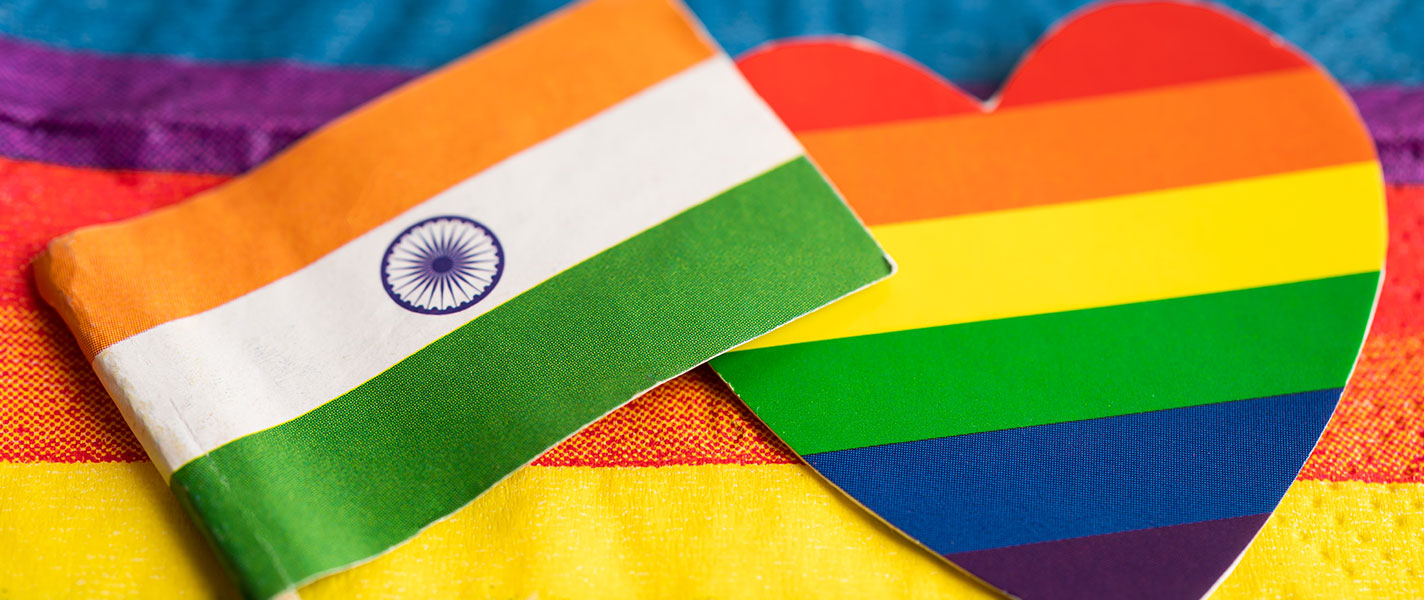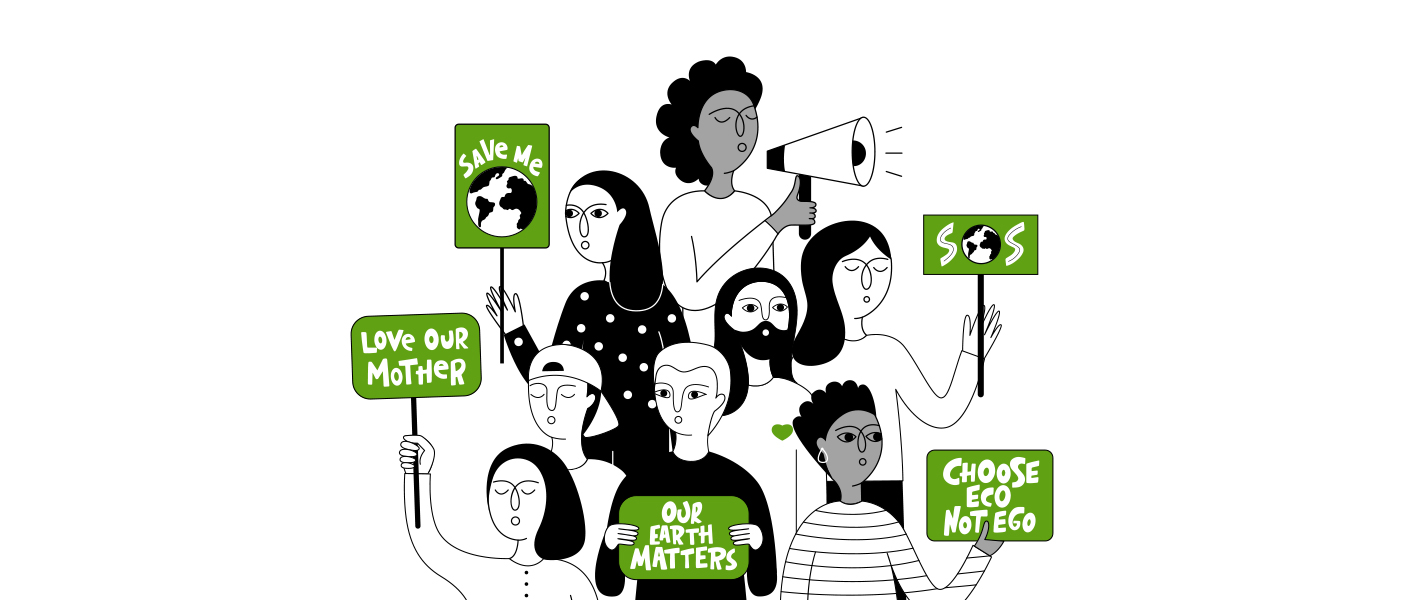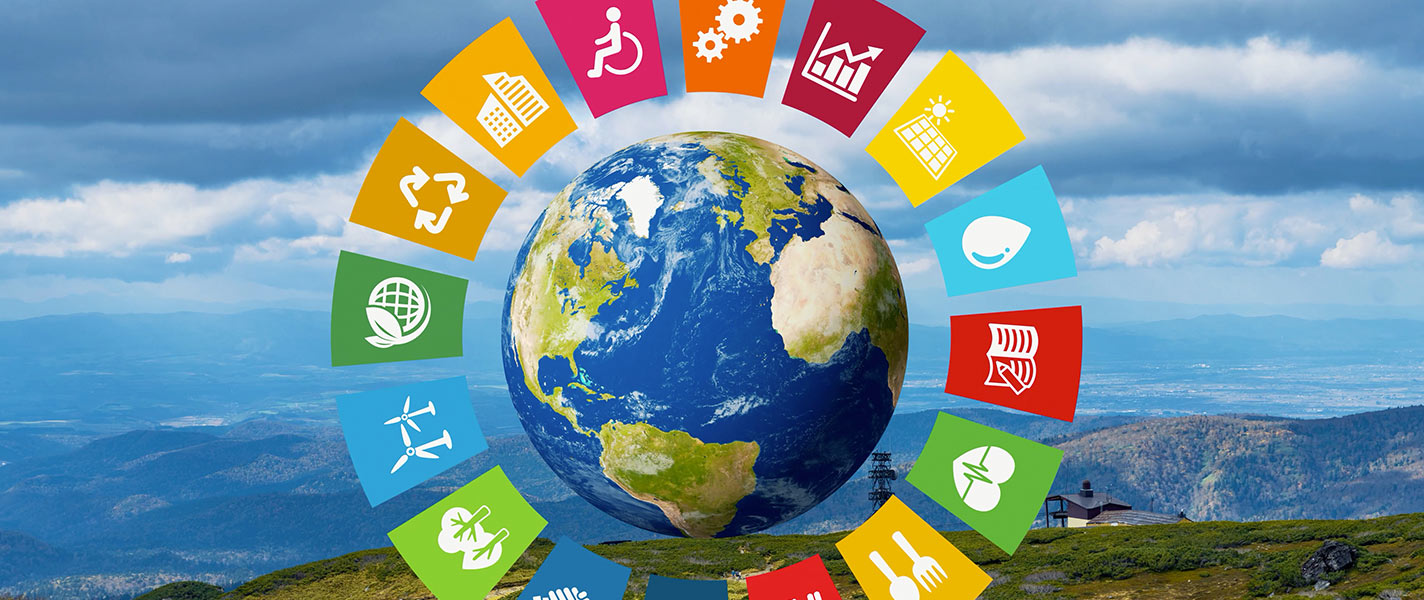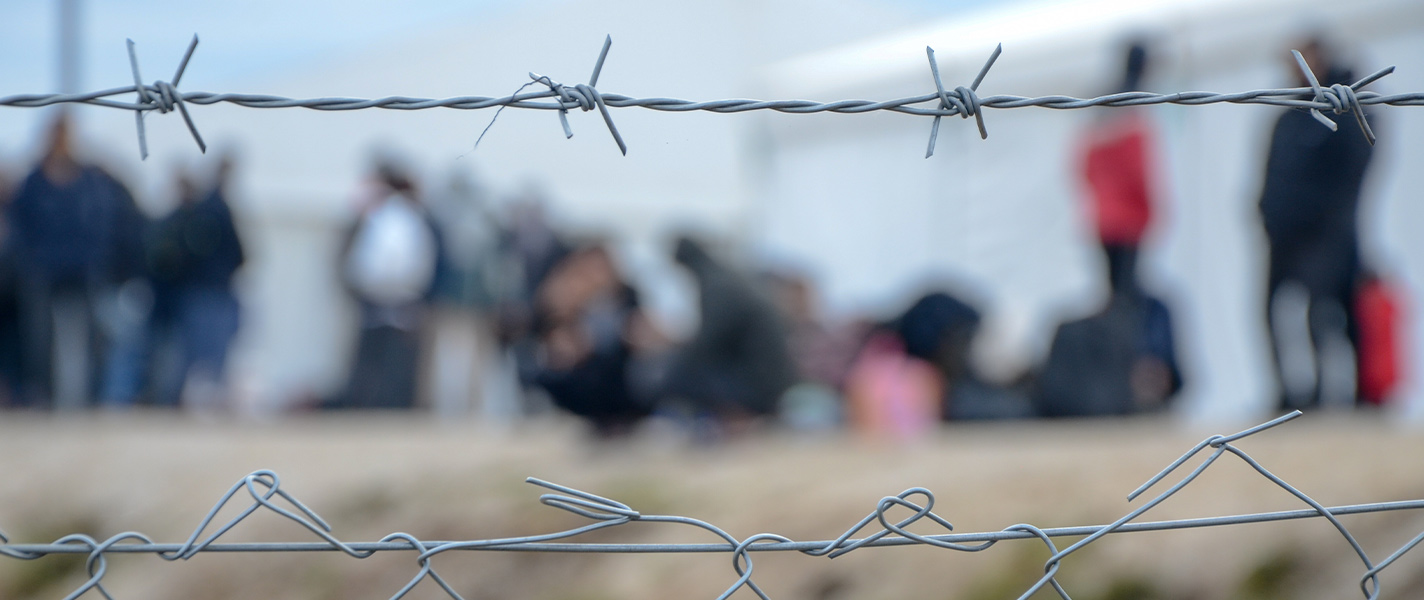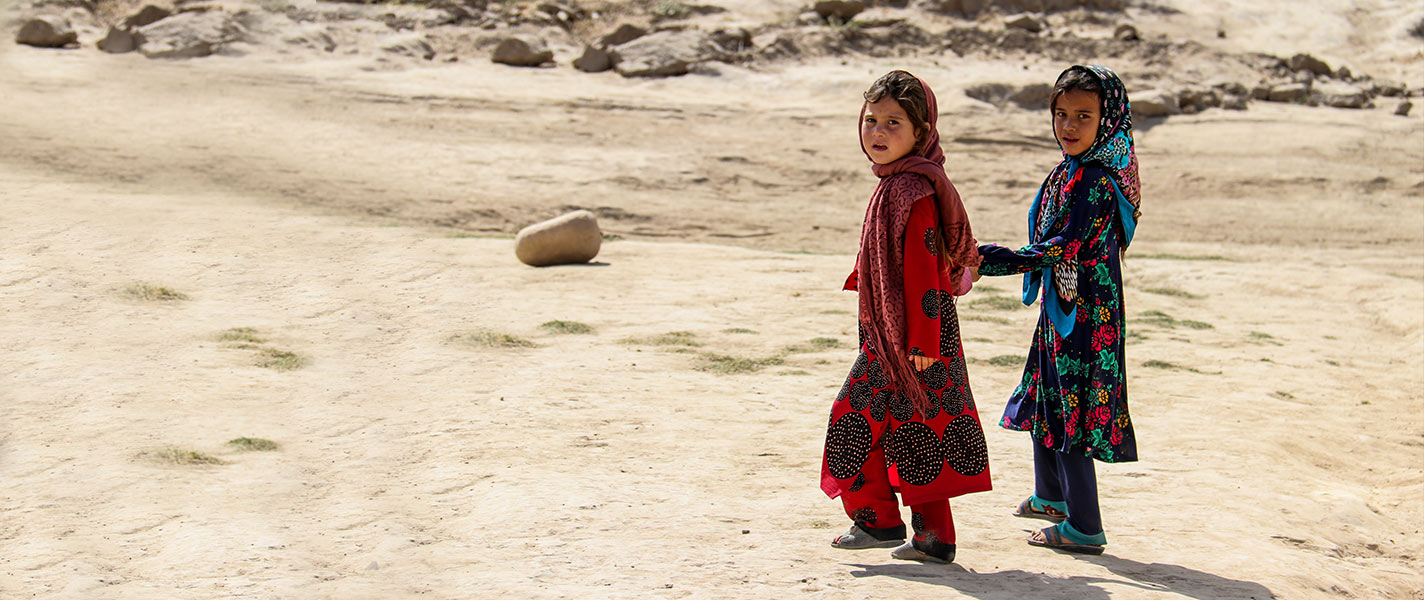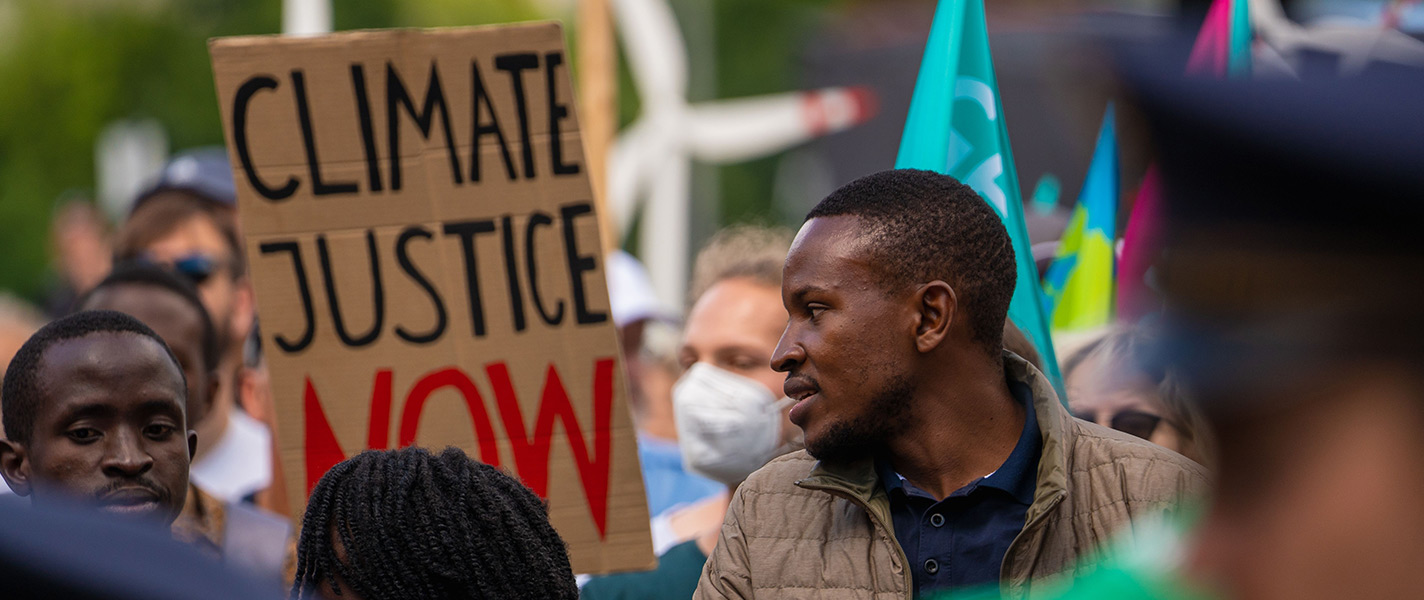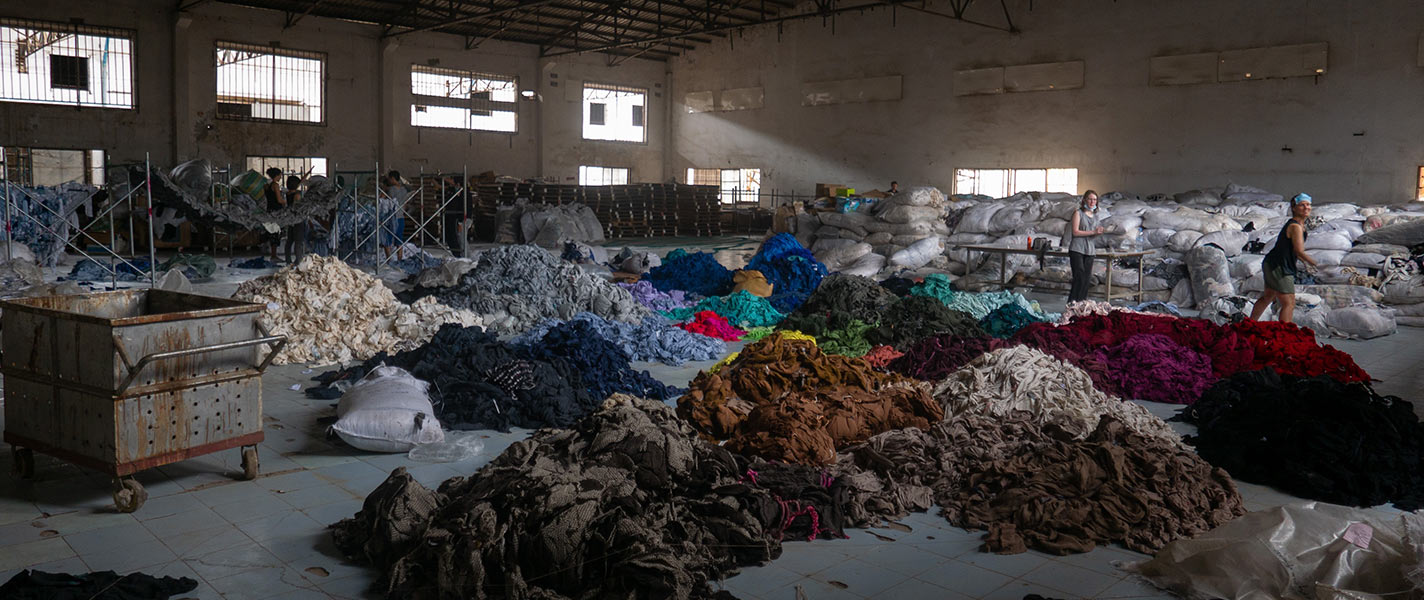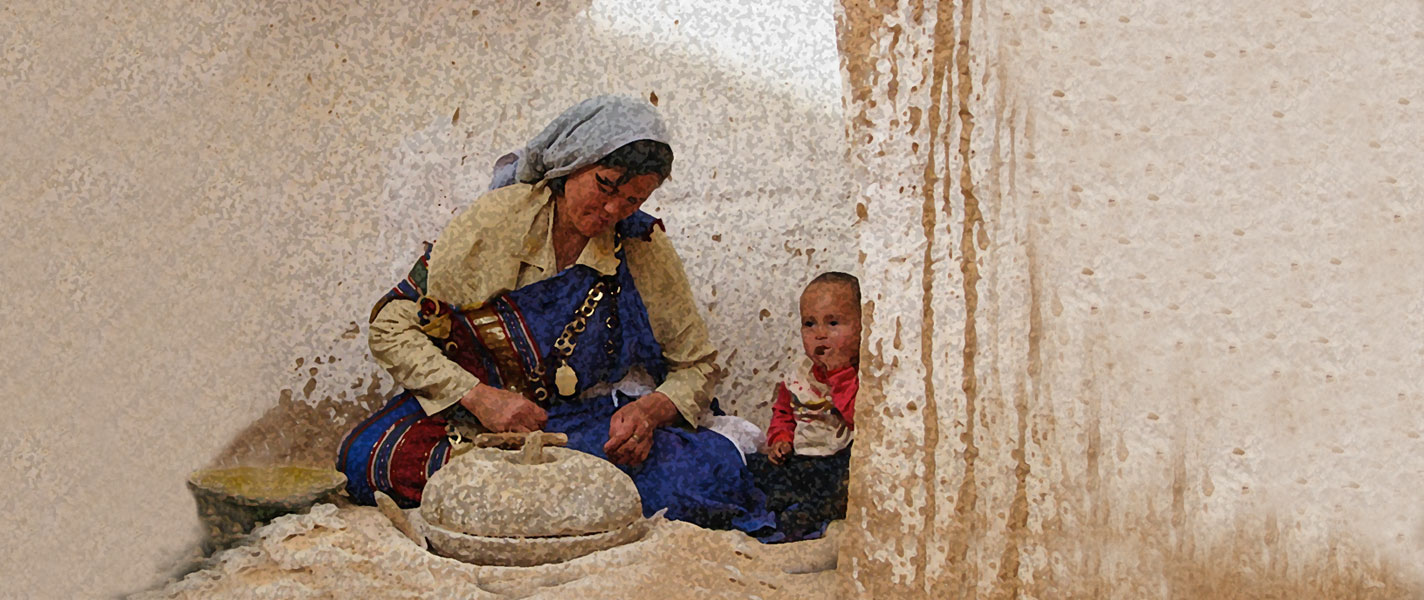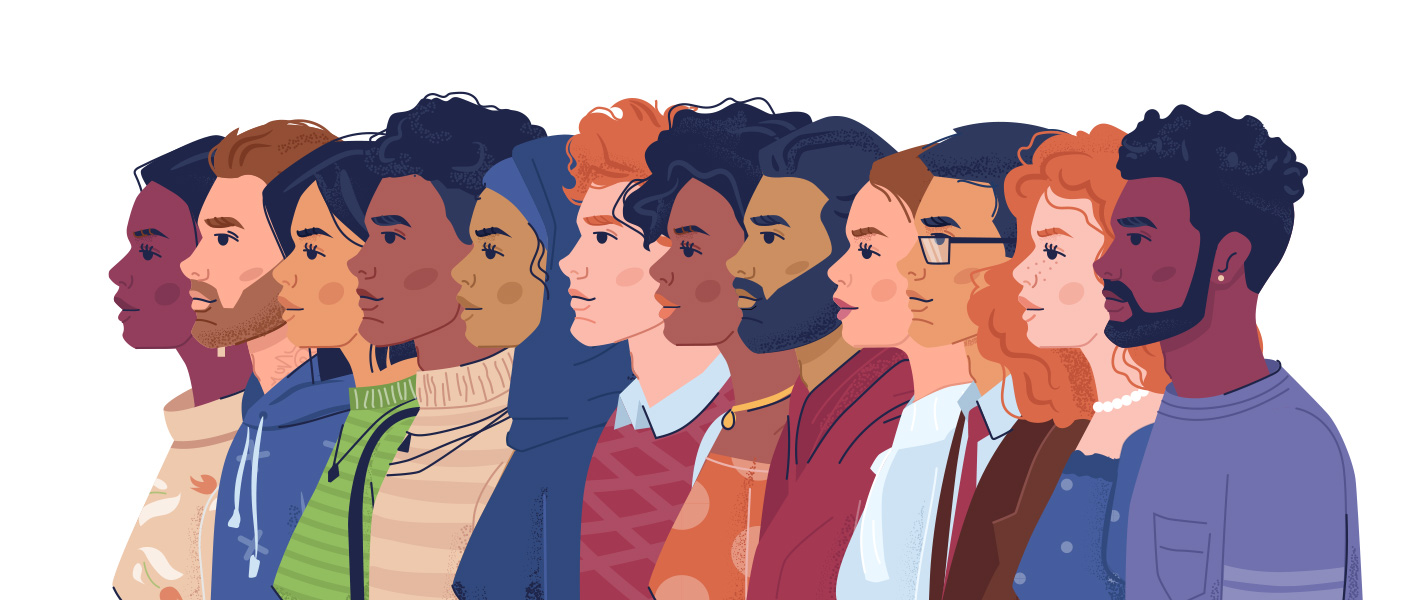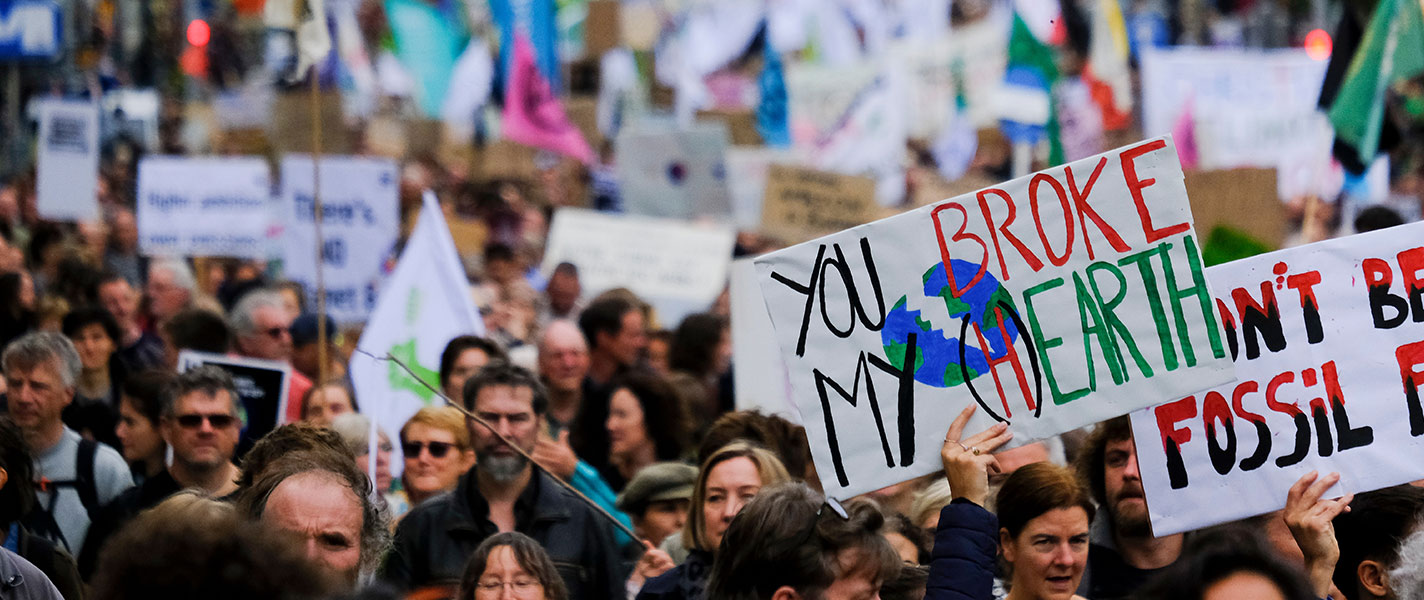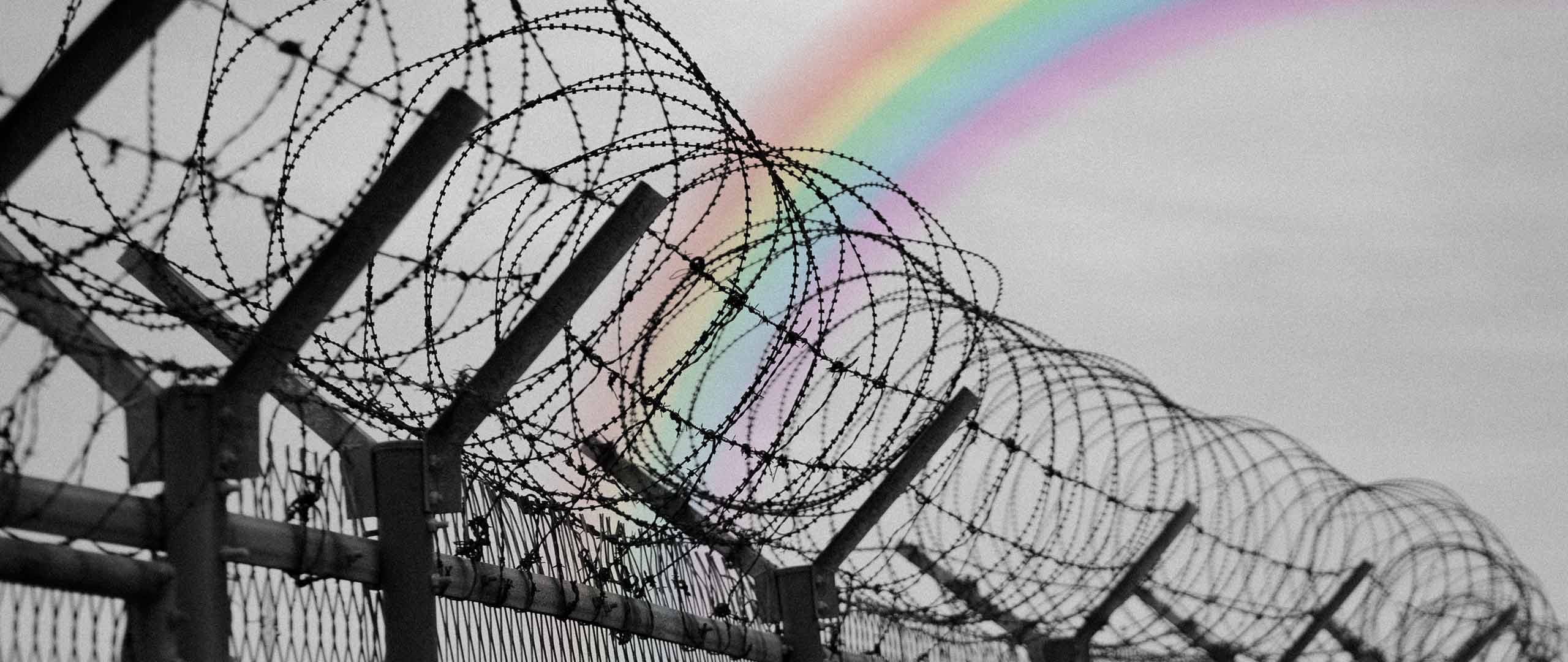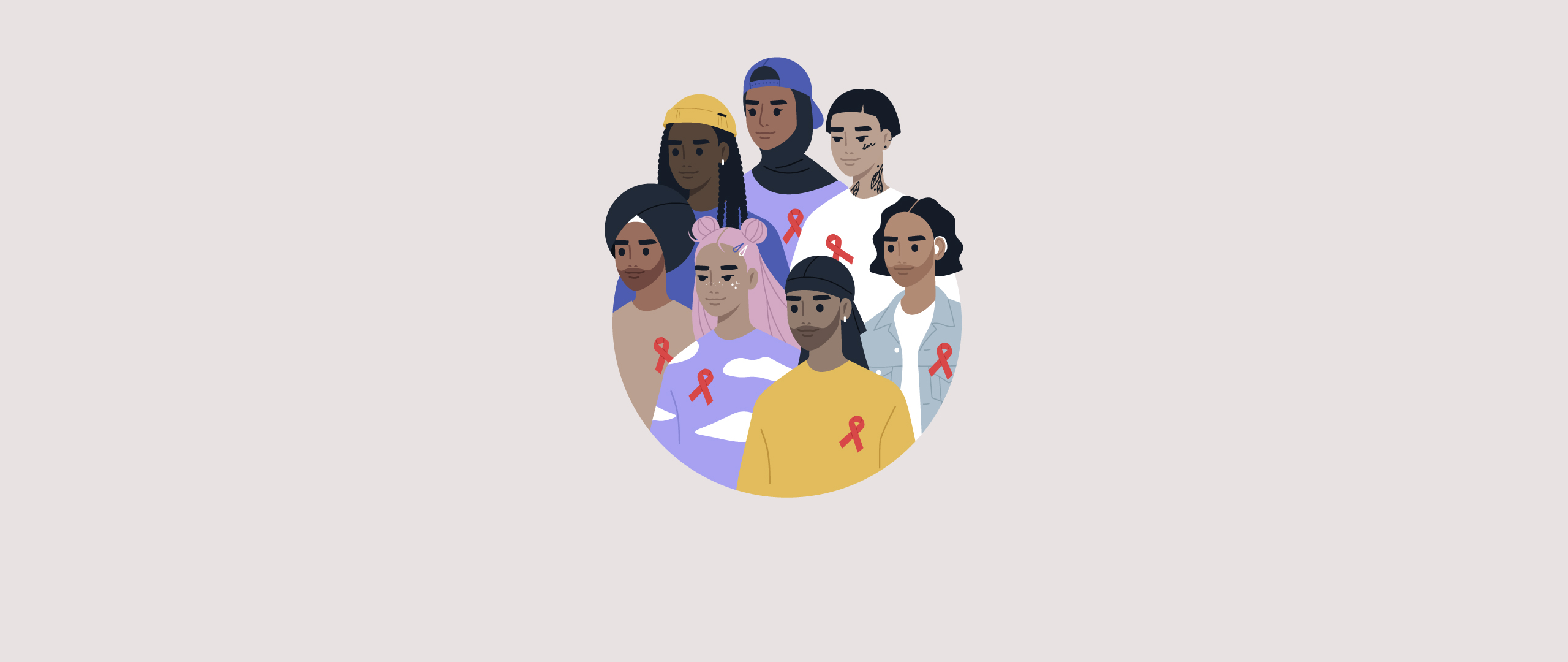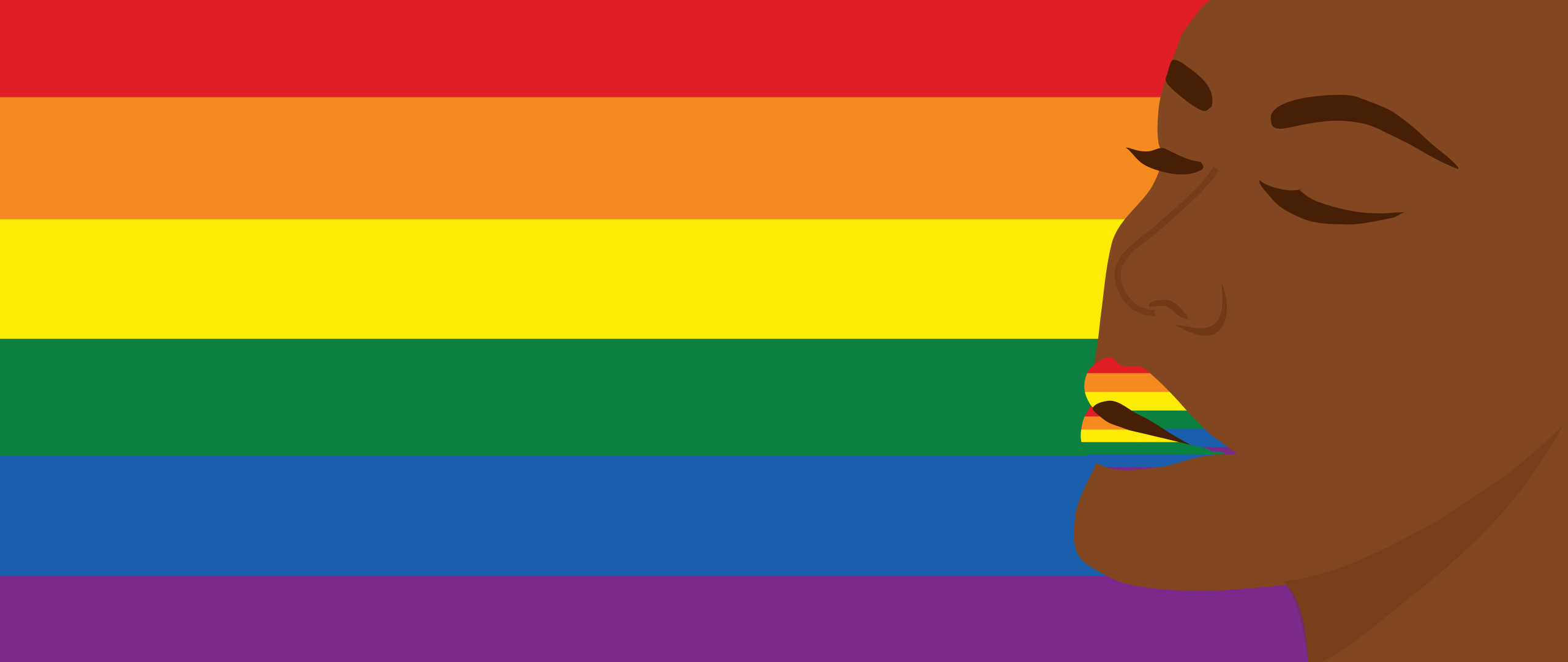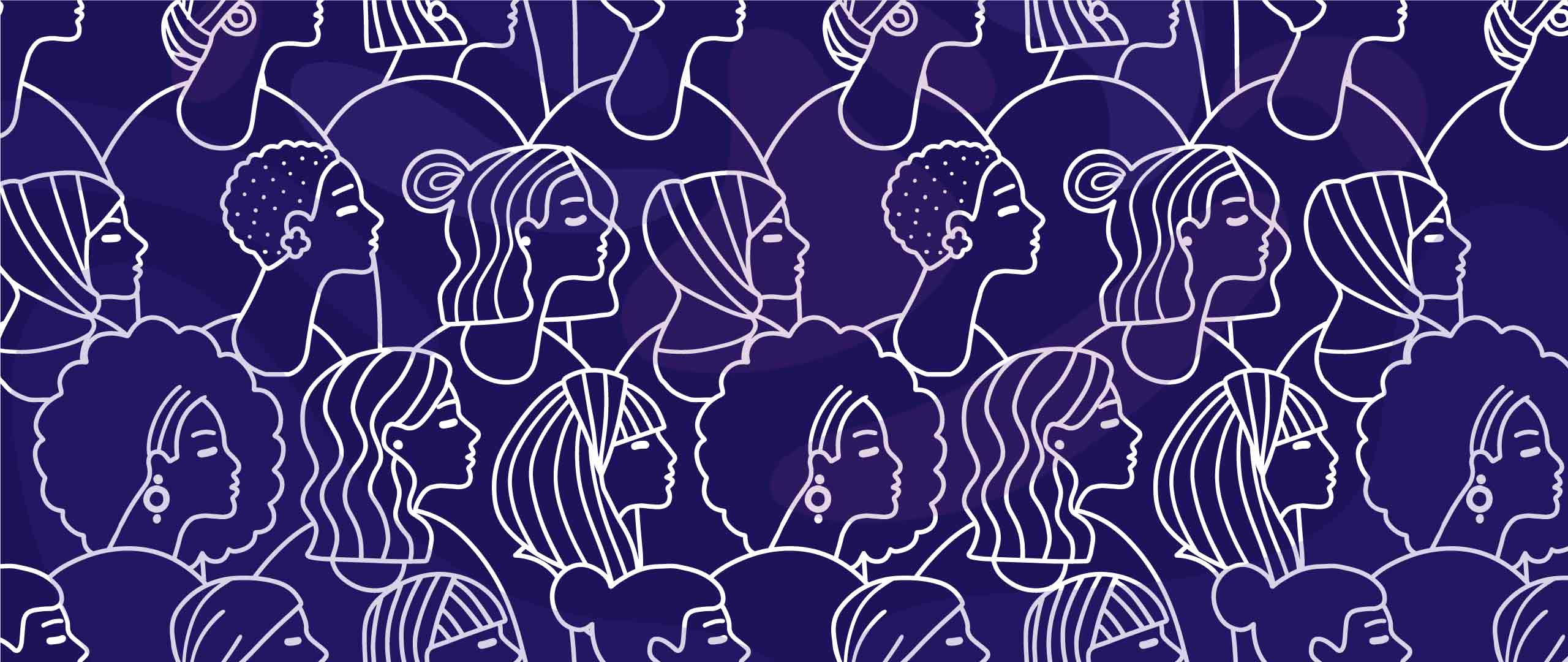Access to Safe Abortion and Women’s Rights
“No woman can call herself free who does not control her own body.” Margaret Sanger
Access to safe abortion services is a human right matter. Despite the remarkable progress made by women's rights movements during the second wave of feminism; it remains, unfortunately, crucial to reaffirm this statement in today’s context. Recent events, such as the US Supreme Court's decision to reverse the Roe v. Wade verdict and the near-total ban on abortions imposed by the Polish government in 2021, have brought the discussion back to the forefront.
It has been argued that these events could signal a potential regression in access to safe abortion for women around the world. I would, however, like to use the term 'regression' with care so as not to overshadow the significant progress made by decriminalizing movements in other parts of the world, whether it is in Ireland, Nepal, Mexico, or Argentina in previous years. Reflecting on the matter, it becomes evident that progress on abortion rights has followed a cyclical pattern rather than a linear trajectory. This article will first examine the availability of the right to safe abortion under international human rights law, and secondly, it will examine the impact of restrictive measures when it comes to abortion rights.
Access to Safe Abortion as a Human Right: The Legal Framework
The right to access safe abortion is one of women’s reproductive rights as it is linked to numerous human rights. The non-accessibility to safe abortion violates the right to life and survival; the right to equal protection under the law; the right to privacy, liberty, and security; the right to the highest attainable standard of health; the right to the benefits of scientific progress; the right to private and family life; and the right to non-discrimination on grounds of sex and gender and the right to be free from torture, cruel, inhuman, and degrading treatment and punishment.
Over the years, international human rights standards on abortion have undergone a profound evolution, driven by a growing acknowledgment of women's reproductive rights based on the rights mentioned above. This journey includes the expansion of permissible grounds for lawful abortion, the establishment of procedural protections to ensure actual access based on these grounds, and, ultimately, the recognition of abortion decriminalization as a pressing human rights imperative.
Access to Safe Abortion: A Persistent Reality
Whether legal or banned by national legislation abortions have been happening since the beginning of history and will continue to occur Indeed, every year, 25 million unsafe abortions are expected to occur. Amidst the highly politicized debate surrounding this matter, it is crucial to consider the factual evidence and statistics that shed light on the complex reality of abortion.
In this regard, research has shown that the number of abortions conducted does not decrease when the measure is criminalized, unlike what is expected. Instead, restricting the legal right to abortion only means that women will be forced to seek unsafe methods to terminate pregnancies, which could fatally affect their health and safety, as found by the UN bodies.
Equality is another issue that is raised when it comes to the lack of access for women to obtain safe abortions. It has been documented that Women from low-income and marginalized communities face several restrictions and are the most impacted when access to safe abortion. Women from privileged backgrounds are able to resort to safe terminations of pregnancy.
That is why a human rights approach to this politically sensitive matter is crucial in today‘s increasing global trend of populism. A human rights approach to women's sexual and reproductive rights means allowing access to necessary sexual information and education as well as eliminating any barriers or stigma surrounding sexual and reproductive health while striving to create a supportive environment where women can access the services they need without fear or judgment. Hence, this approach will safeguard women's rights.
While we must recognize the historical achievements that have shaped our current landscape, we should also recognize the ongoing struggles to maintain and expand these rights for all women, regardless of their background or circumstances. As seen above, international human rights laws could play a role in advocating for safe access to abortion and upholding women's reproductive rights broadly.
The article represents the views of its writer and not that of LEED Initiative.
